Distance Retina will be bringing their documentary play, Boundaries, to Omnibus Theatre as part of the Irish Season later this month. The play is developed from witness testimonies and accounts of harassment and hate crimes.
In this blog post, writer-director Don Mc Camphill looks at five seminal documentary plays that changed how we think, not only about theatre, but about the world we live in.
In no particular order→
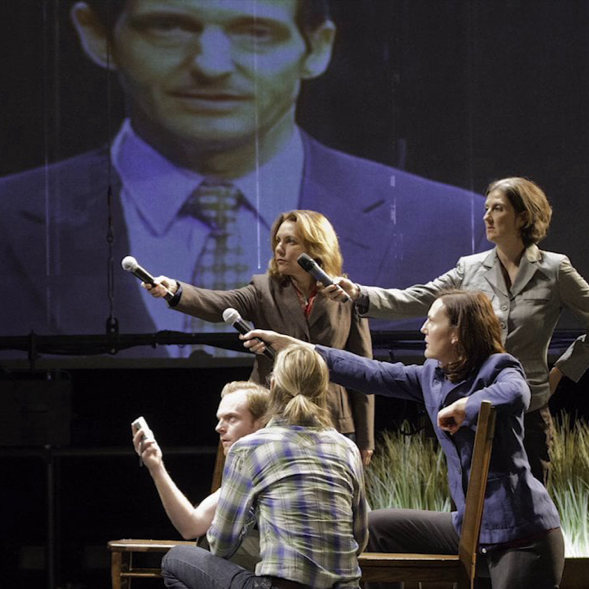
The Laramie Project
Tectonic Theatre, from Denver, Colorado, had been experimenting with documentary forms in their community theatre work for several years when 21 year old student Matthew Shepard was beaten to death, in 1998, outside Laramie, Colorado. Collaboratively created and scripted by Moises Kaufman, the play used various sources including interviews with hundreds of local people, writings of those involved in the production and news reports on the subsequent murder trial of Aaron McKinney and Russell Henderson. Arguably the play contributed to the public focus on homophobic hate crime that saw congress draft the Matthew Shepard Act (also known as the Shepard / Byrd Act) signed into law in 2009 by President Obama. The play continues to be performed worldwide to this day.
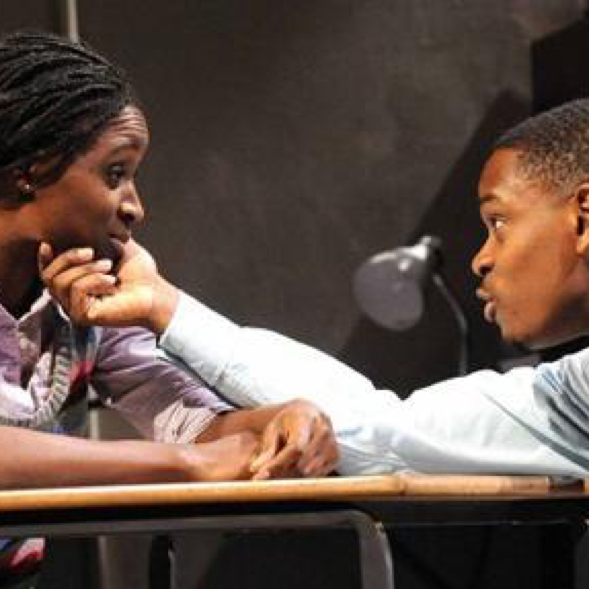
The Colour of Justice
Developed by Richard Norton-Taylor and first performed at the Tricycle Theatre (now the Kiln) this play used transcripts from the Macpherson public inquiry into the murder of Stephen Lawrence, in Eltham, south London in 1993, and the failures of the Metropolitan Police. The murder, by a gang of white racists, exposed a string of policing errors and institutional racism by the Met. Five men were arrested, but were not charged, and despite the weight of evidence, the police were not initially able to successfully prosecute Stephen’s killers. The play contributed to public anger at the failures, and changes in the law allowed for the quashing of a previous acquittal, and thereafter retrials for two of the killers, Gary Dobson and David Norris. Dobson and Norris were finally found guilty in 2012.
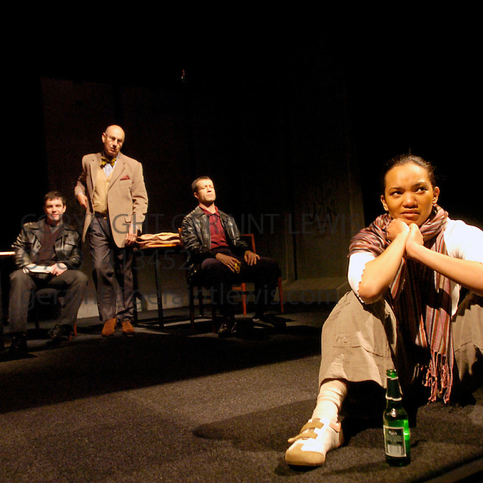
Talking to Terrorists
Developed by Out of Joint Theatre Company, this play was one of a number of collaborations between artistic director Max Stafford-Clark and the playwright actor Robin Soans. Using company members to interview those who had been involved in terrorist attacks, both victims and perpetrators, as well as statements by politicians and other public figures, the play created a sensation when it opened at the Theatre Royal, Bury St Edmunds in April 2005. It toured nationally for nine weeks, before playing at the Royal Court Theatre Downstairs for five weeks. The company process involved handwritten note-taking and then a substantial development of the material in the rehearsal room, creating a new ‘post-verbatim’ method that draws on interviews but is not necessarily entirely faithful to them.
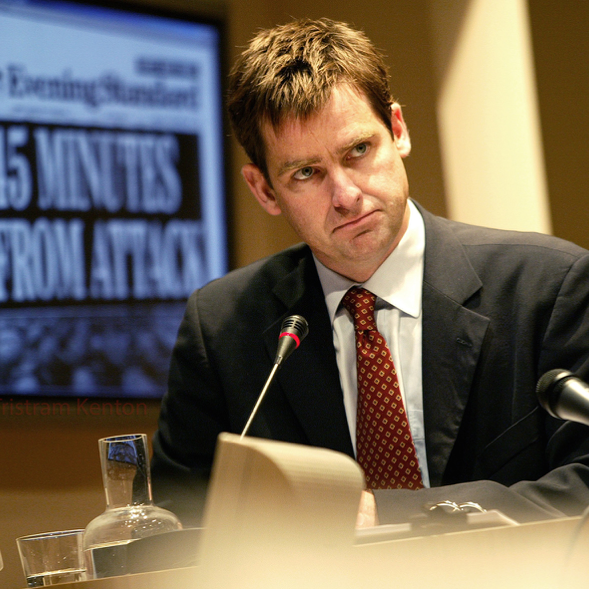
Justifying War
Another Richard Norton-Taylor play, Justifying War focused on the path to the invasion of Iraq taken by the Blair-Bush governments, the ‘sexing-up’ of the so-called ‘dodgy dossier’ that claimed Iraq possessed weapons of mass destruction, and the ensuing suicide of Dr David Kelly, a British weapons expert. Having given an off-the-record interview to Andrew Gilligan of the BBC on the question of claims contained in the dossier, Kelly’s identity as Gilligan’s source of was subsequently exposed. After aggressive questioning before a Commons Select Committee, he was found dead. The Hutton enquiry was established to examine the circumstances around the dossier and Kelly’s death, and this formed the basis of the play. Nicholas Kent and Charlotte Westernra directed this Tricycle production, in 2003.
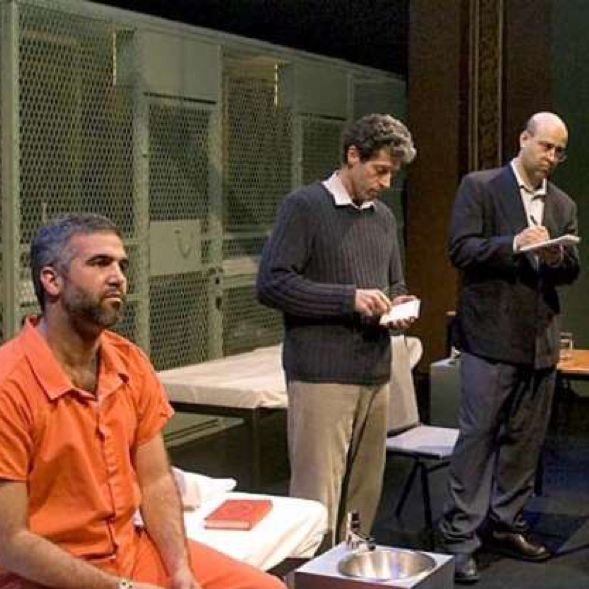
Guantanamo
Written by Victoria Brittain and Gillian Slovo, Guantanamo draws on first-hand accounts of incarceration at the American air base and detention centre in eastern Cuba. The core monologues are developed from interviews with three men: released detainee Jamal al-Harith; the father of detainee Moazzam Begg; and Wahab al-Rawi, brother of detainee Bisher. In each, we are told stories of ordinary Muslim men arrested on the thinnest of pretexts and transported into a legal limbo. (Al-Rawi was seized in The Gambia in West Africa before being taken to the US airbase at Bagram, Afghanistan, and thence to Cuba.) Nicolas Kent and Sacha Wares production confirmed the Tricycle Theatre as the leading British venue for documentary work. Despite the promise of Barack Obama to close the detention centre, it is still operational to this day, Donald Trump having signed an executive order to keep it running.
BOUNDARIES opens at Omnibus Theatre on 23 Sept, running until 27 Sept – get your tickets HERE→


